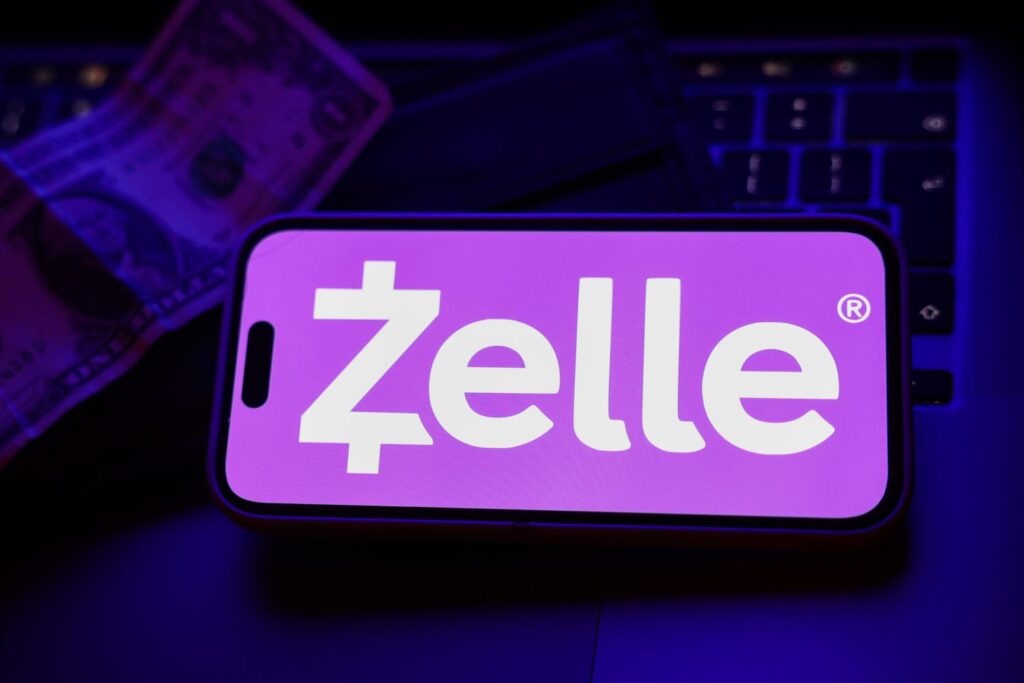:max_bytes(150000):strip_icc():format(jpeg)/GettyImages-2179698335-756aedf60fb9452a8fe229cb1b81e2cb.jpg)
Key Takeaways
- Regulators filed a lawsuit against Zelle’s operator Friday claiming it failed to prevent or sufficiently respond to “widespread fraud.”
- The Consumer Financial Protection Bureau alleges that $870 million has been lost to fraud on Zelle since it launched in 2017.
- The lawsuit names Zelle’s operator, Early Warning Services, and banks with a stake in the company, including Bank of America, JPMorgan Chase and Wells Fargo. Early Warning Services called the case “legally and factually flawed.”
Zelle and three of the banks behind one of the nation’s biggest payment networks failed to protect users from “widespread fraud,” federal regulators alleged in a lawsuit filed Friday.
Some $870 million has been lost to fraud on the network since it launched seven years ago, the Consumer Financial Protection Bureau (CFPB) said, alleging that Zelle co-owners Bank of America (BAC), JPMorgan Chase (JPM) and Wells Fargo (WFC) didn’t compensate victims of fraud or issue refunds for errors as required by law. In all, regulators said, “hundreds of thousands” of complaints were filed, but the consumers who submitted them largely received no assistance.
Zelle disputed regulators’ claims calling the lawsuit “meritless,” and said the lawsuit could cause issues for the 143 million Americans and small businesses that rely on its free service. People who link their email address or phone number to Zelle can quickly send money to one another from their bank accounts.
But the network launched with poor fraud protection measures, regulators said. When Venmo and CashApp took off, the banks and Zelle’s operator, Early Warning Services, scrambled to get a competitor off the ground. “By their failing to put in place proper safeguards, Zelle became a gold mine for fraudsters, while often leaving victims to fend for themselves,” CFFB Director Rohit Chopra said.
The CFFB is seeking compensation for victims of fraud, an unspecified civil penalty and a court order requiring Zelle to cease practices that violate the law.
Losses could have been curtailed if banks shared information with one another about scammers and took action before offenders had the chance to exploit multiple users, the agency said. By failing to fully examine customer complaints, Zelle’s backers also didn’t reflect on its shortcomings or take meaningful steps to improve them, regulators said.
Zelle’s reimbursement policies exceed legal requirements, Early Warning Services said. The network has a following because it’s trusted, it said.
“The CFPB’s attacks on Zelle are legally and factually flawed,” Zelle spokesperson Jane Khodos said. “The CFPB’s misguided attacks will embolden criminals, cost consumers more in fees, stifle small businesses and make it harder for thousands of community banks and credit unions to compete.”
Other banks have a stake in Early Warning Services, but 73% of Zelle’s activity last year came from Bank of America, JPMorgan Chase and Wells Fargo, the lawsuit said.


